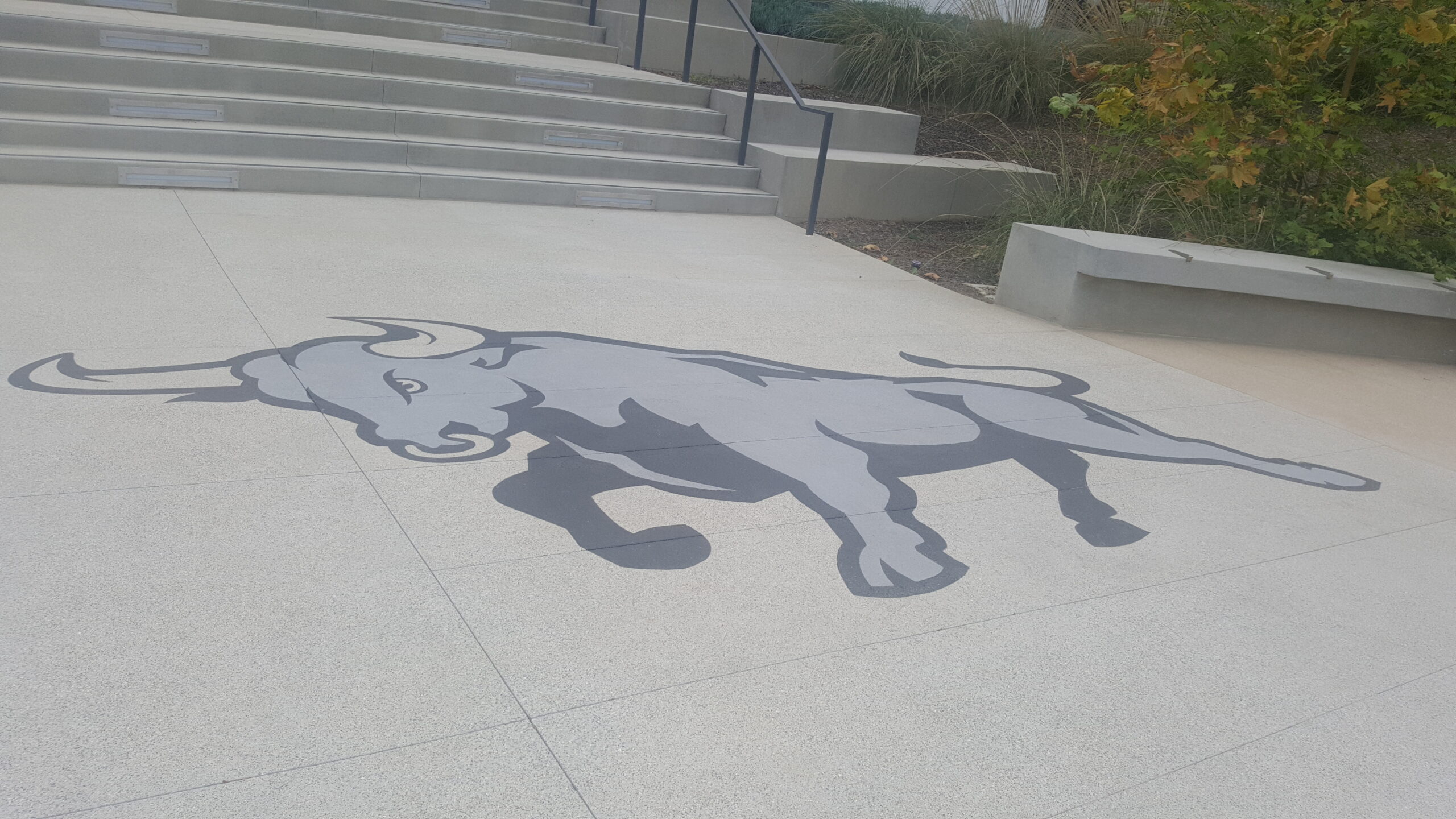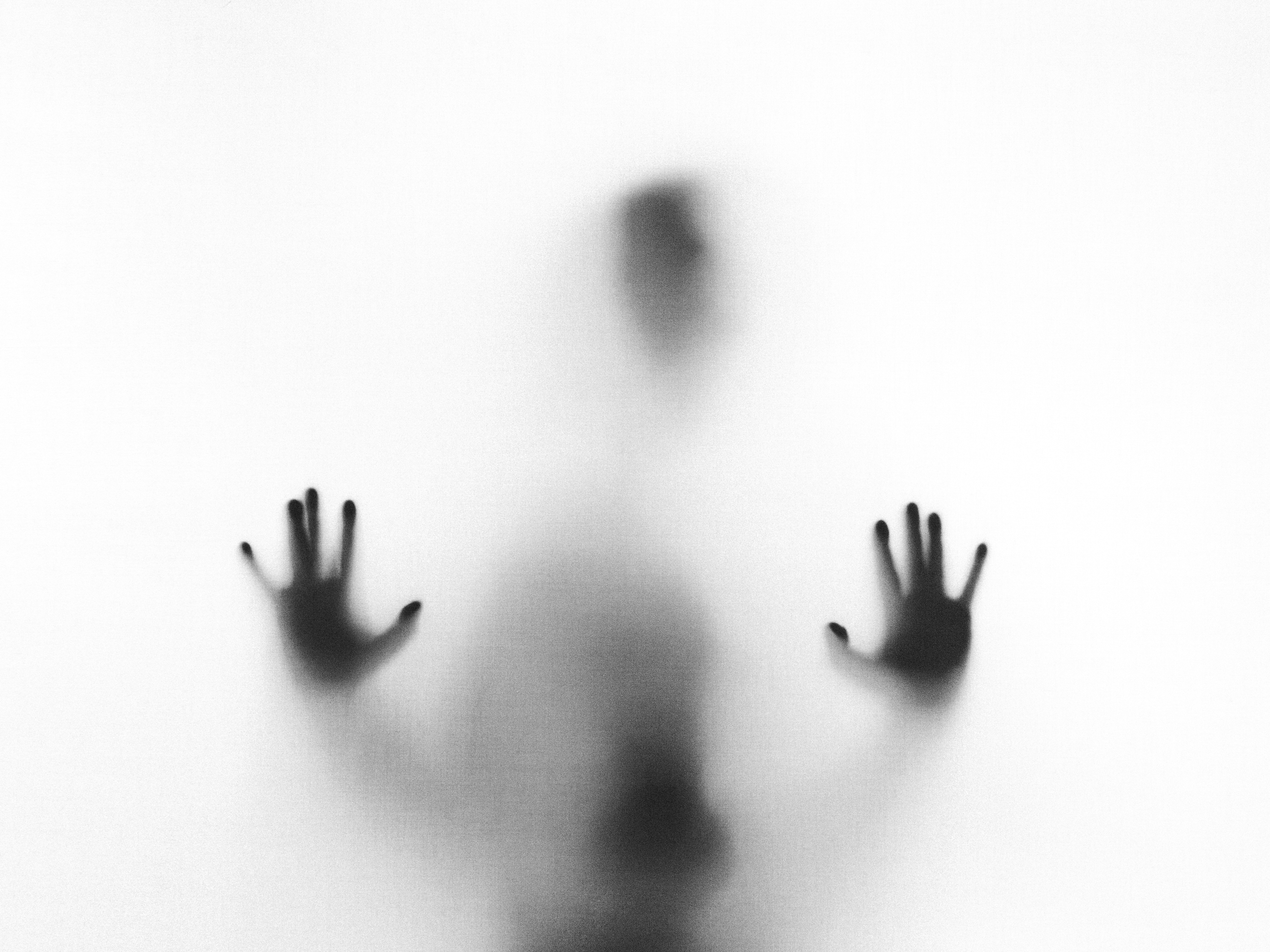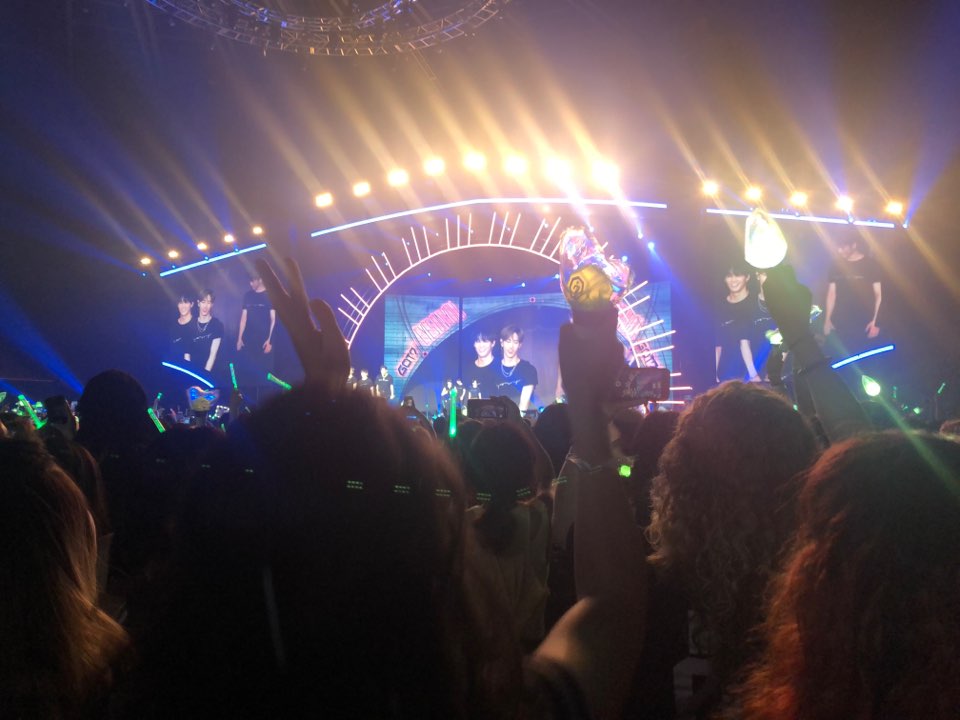
By Robert Rios, Senior Editor
More than a year ago, I wrote a story called “These Hills Will Be Roamed Again.” In that piece, I predicted what the campus would be like after what I was sure would be only a short, temporary campus closure. I imagined our mascot, a toro, with its head raised high, unscathed and ready for all challenges.
But I was wrong. It’s now nearly 15 months later and the campus remains mostly closed. And that toro is feeling beaten up, its horns chipped and wondering if it will ever have the courage to charge again.
No one knew in those early days what was going to happen. When the stay-at-home orders kicked in, I thought it would all be OK. Everything would go back to normal in no time, and I would be back on my daily grind to graduating in December 2020.
Unfortunately, I would spend that final semester in online classes and with no social life like so many. And rather than feeling excited that I was only a few months from getting that degree, I found myself not wanting to do any school work and avoiding responsibilities. Even the one thing that kept me connected to the campus, working for the Bulletin and covering the Academic Senate felt more like a chore.
Those same feelings are hard to detach from now that I’m so close to commencement. I can’t help but feel that when I finally see that diploma I spent so much time, and overcame so much trying to attain, that it will have an asterisk on it, signifying that it was achieved under less than real circumstances.
But what if that asterisk shows not what we didn’t do because of the pandemic, but what we did in spite of it?
Look at it this way: we finished our college experience without actually “going” to college. That’s kind of insane to think about. No one in the foreseeable future will be able to say they graduated college during a pandemic and did 100% of their work at home. Years from now, we will have our versions of the stories we may have heard from grandparents about walking 20 miles to school in 100-degree weather.
But we will have more than nostalgic stories. We will have the knowledge that we didn’t give up, and that as unmotivated as we were and as inauthentic as a virtual college experience might have felt, we stuck through it.
Sure, some of us may not be sure just how we did it, or even cared that much while doing it, but we did it.
And doesn’t that make this class of graduates, which wasn’t heard or seen on campus, but who still got their degrees, the strongest and bravest of any Toro class? We won’t have photos of us walking and receiving our diplomas, or smiling with our families who were there to support us.
But any graduating class gets those. What we will have is an experience that, yes, was
tainted, one that we never signed up for, one that didn’t feel as full and realized as others. And we lost out. But by our loss, the classes of 2020 and 2021 gave something to this university that no other class can claim: we helped it survive the greatest crisis it has ever faced.
In a weird way, the most invisible classes in this university’s history may leave the most indelible mark. Because while each of us will eventually get a piece of paper saying we graduated, we’re also leaving a piece of ourselves behind. We should not be seen as the poor souls that had to stay away from campus but as the ones who kept the fighting spirit of that toro alive for future generations.
That Toro I wrote about more than a year ago will eventually roam these hills again. And when it does, every person whose name is called during a commencement exercise this week will be running right alongside it.


